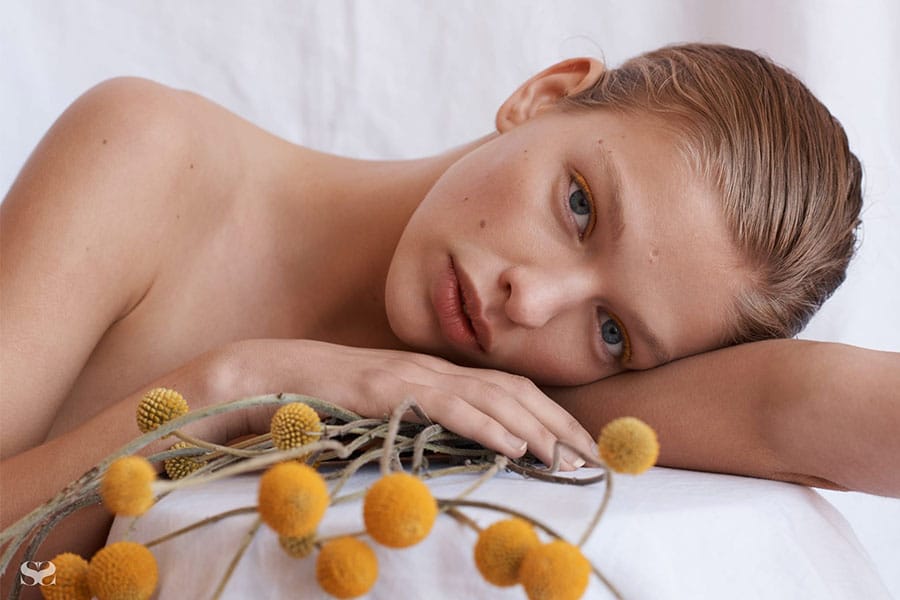
Long has the realm of beauty been obsessed with Ayurveda. From turmeric to ashwagandha, these ingredients make regular cameos in both our topical and ingestible beauty products. Naturally, this peeling from other cultures can leave many of us confused — unable to cut through the white noise of skincare buzzwords and lingo. Take chebula for example. Endemic to countries in South Asia, this is the latest ingredient to capture the interest of the beauty world. But, just what is it used for? And should you try it out?
Here we'll unpack everything you need to know about chebula; what the ingredient is and how it can be used to benefit your skin.
What is chebula?
Chebula goes by various other names like terminalia chebula, chebulic myrobalan, birhara, harada or haritaki, so you may have already come across it. Although to those in India, Tibet and Nepal, the berry is informally known as the 'King of Medicine'. What does it do to live up to this bold title? Well, historically chebula is famed for its use in a three-part ingestible Ayurvedic remedy called Triphala. Consisting of chebula, amla (an Indian gooseberry) and bibhitaki, the remedy is said to reduce inflammation, be an effective laxative and in some cases prevent or limit the growth of certain types of cancer.
What are the benefits of using chebula?
On its own and when applied topically, Chebula is favoured for being high in antioxidants — in fact it's said to be more potent than Vitamic C and Vitamin E. Why is that important for your skin? Well, antioxidants neutralise the free radicals that damage your skin by clinging to your collagen and weakening skin elasticity. Chebula is able to offset more free radicals and for a longer period of time than other antioxidants. This makes it a powerful anti-aging tool, steeling your skin against fine lines and wrinkles. A necessary measure for those living in cities, where air pollution, cigarette smoke and therefore free radicals are ever-present.
Aside from its antioxidant properties, studies have proven chebula can increase the moisture content of skin. Not only that, but it is said to reduce inflammation in skin as well as soften and brighten its appearance. Lord knows this ingredient works hard.
Are there any risks?
As we've mentioned, chebula is a relatively new ingredient to the realm of beauty. Although, plenty of studies have been done on the ingredient and at this point there hasn't been any issues flagged regarding its usage. It's important to note that what works for some, may not work for others. But from what we've seen, just like hyaluronic acid, you might have to consider adding chebula to your skin care routine.



